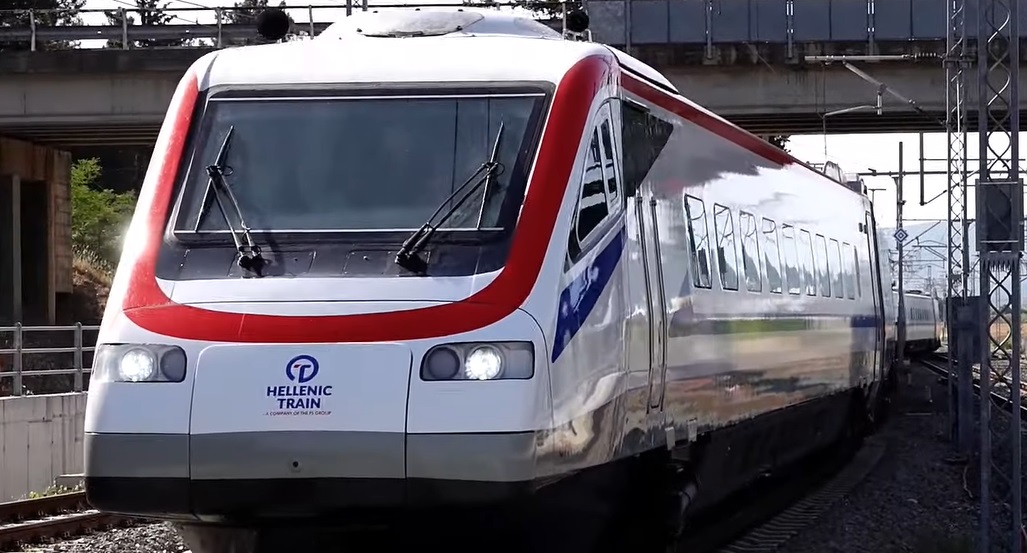Answering a related question in the Parliament, he emphasized that in Sepolia, the problem of delays does not lie in the weakness of the contractor, nor in disagreements between the contractor and the contracting authority. "The real problem is that it was studied as absolutely dependent on the cooperation of other, third parties," he said. In particular, he underlined that "there is the issue of the archaeological service. Excavations must be done at the project. The problem that exists in the excavations, is that the recruitment of the personnel needed to serve the sections that are made, is done with ASEP procedures, consequently there is a long delay. A few days ago we had a meeting with the Minister of Culture and it was agreed to follow a different solution in order to speed things up".
He also added, that "there are many issues concerning the network movements of Public Benefit Organizations. These are works that are not performed by the construction contractor, but by the contractors of the respective network operators. We are talking here about EDA (natural gas) and EYDAP, which indeed shows a delay in the progress of the relevant works" said Mr. Tachiaos.
Subsequently, the Deputy Minister of Infrastructure and Transport, agreed with the questioning Member of Parliament B1 North Sector of Athens of the Hellenic Solution, Vasilios Viliardo that there should be an acceleration of the project in Sepolia, saying that "we are not satisfied with the relative progress either. But I will tell you this: As the project is being carried out, in order to ensure the functionality of the line, we estimate that the western corridor will be finished in the first half of 2025, which is indeed a delay, a significant delay for the project, and the eastern one will follow".
For the financing of the project of undergrounding the railway line in Sepolia, Mr. Tachiaos said that it comes from the CEF (Connecting Europe Facilities) European program, "regardless of the schedule, submitted, of the project, and the relevant extensions which will exist".
He even pointed out that "the relevant funding will be available until the end of 2024. After that, the project will be financed by the public investment program and unfortunately these delays have led us to the need to draw resources from the public investment program as well. Nevertheless, it is absolutely guaranteed that (the project) will be done, and, in any case, there are no technical or other problems that hinder the progress of the particular project.
Referring to the restoration of the damage to the railway network of Thessaly, he said that "we are talking about a complete reconstruction-reconstruction of the electrification line and a complete repositioning of all systems from the beginning". According to Mr. Tahiao "there is no chance at the end of 2024 that this restoration will be done. This restoration should end by the end of 2025.
In fact, it takes about two years for (the restoration) to take place in full." As for the issue of compensations, he said that for the time being, no claim has been raised against the Greek State for this specific reason.
Legally this is force majeure, which currently does not establish claims for compensation.















